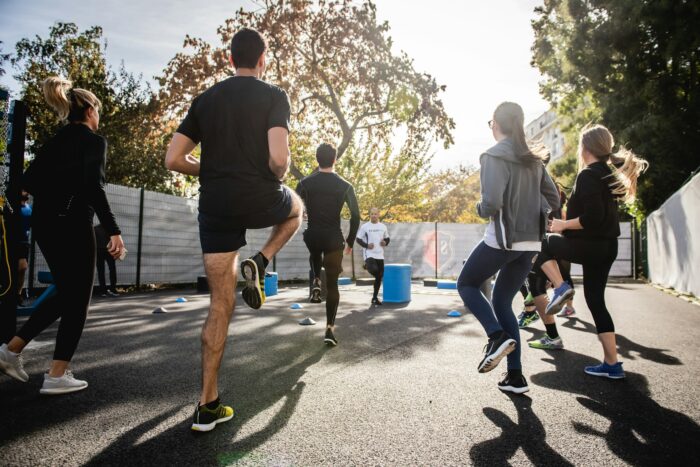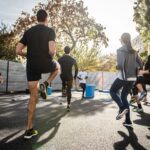As we grow older, it’s natural to notice a slowdown in mental sharpness. But did you know that your brain’s “age” can be quite different from the number on your birth certificate? New research shows that with just a small commitment to exercise, you can actually reverse some signs of cognitive aging.

A study from Canadian researchers tracked over 200 healthy older adults who introduced an hour or two of aerobic exercise into their weekly routine. Over six months, participants underwent brain function tests. The improvements associated with exercise were striking. Those who kept up the regimen boosted their executive function, the mental skills that help you focus, plan, and make decisions, by nearly 6 percent. Verbal fluency, or the ability to quickly find the right words, improved by 2.4 percent. Study author Marc Poulin explains that this kind of improvement in verbal fluency is equivalent to turning back your brain’s clock by about five years.
How does moving your body lead to a younger brain? The answer may lie in increased blood flow. Exercise pumps oxygen-rich blood to your brain, enhancing its overall health and function. This isn’t a surprise; plenty of research confirms the powerful brain benefits of staying active.
But what if you want to reverse your brain’s age beyond 5 years? Another exciting study found that engaging in adult education, like classes in language, art, or other stimulating subjects, for three months produced even larger gains in memory and attention. The participants’ brains performed as if they were 30 years younger.
Together, these studies offer an empowering message: your brain’s age is more in your control than you might think. Whether it’s a weekly walk, a cycling session, or enrolling in that evening art class, small lifestyle changes can dramatically sharpen your mind and keep cognitive decline at bay.
While none of us can stop time entirely, these simple activities can help maintain your mental edge far longer than expected. So lace up those sneakers, grab a friend, or sign up for that course you’ve been eyeing; your brain will thank you.
Tags: aging, brain, cognition, exercise, memory, neurological disorders, physical activityCategorised in: Uncategorized
This post was written by Christine Rizk
